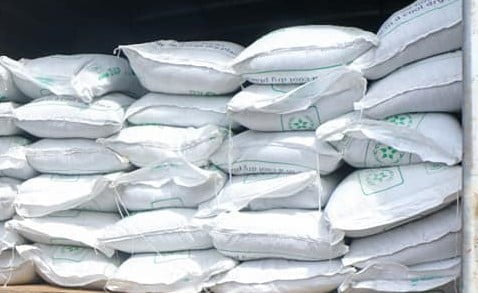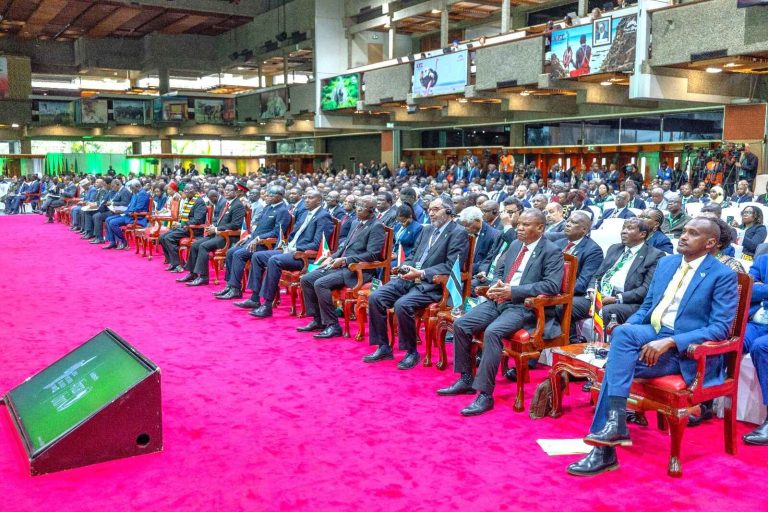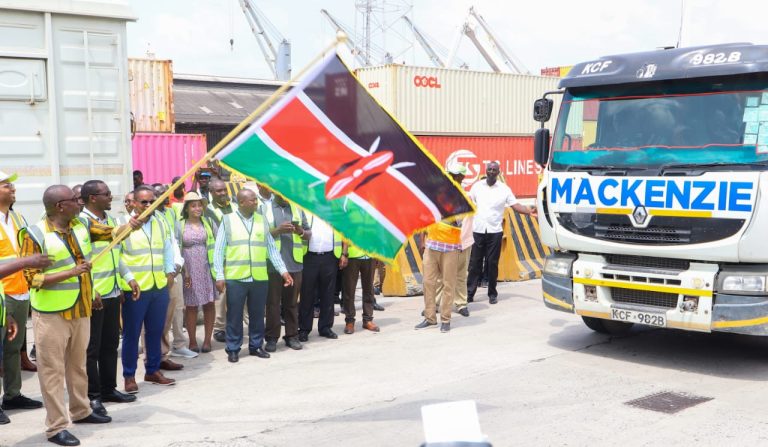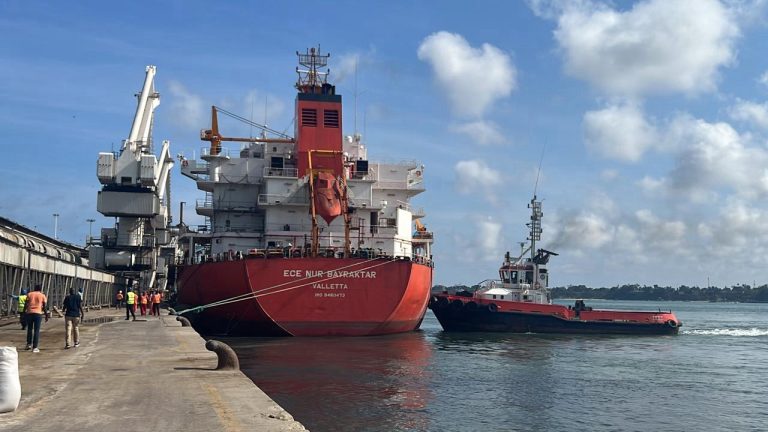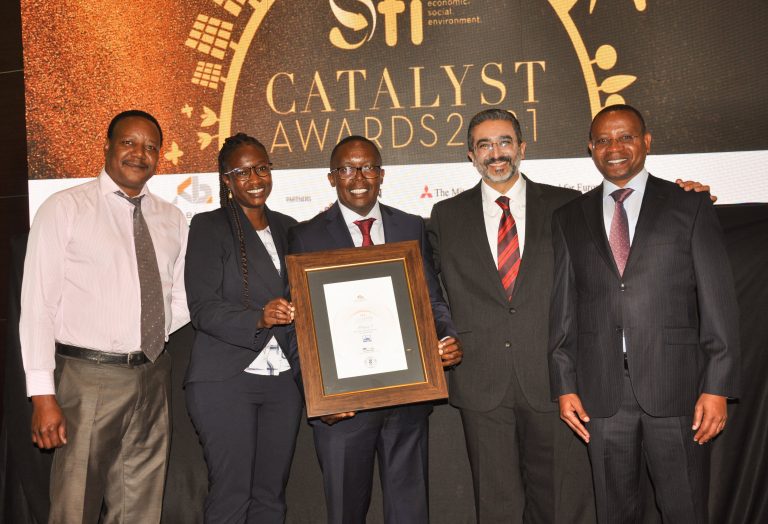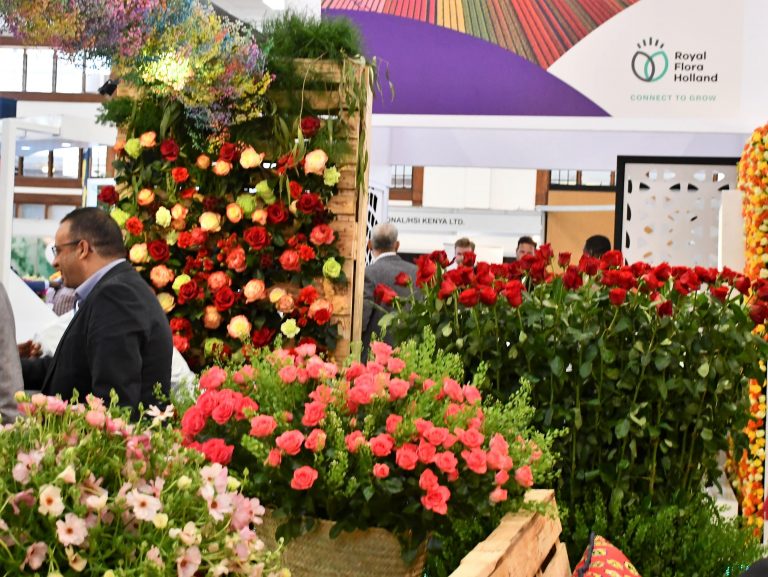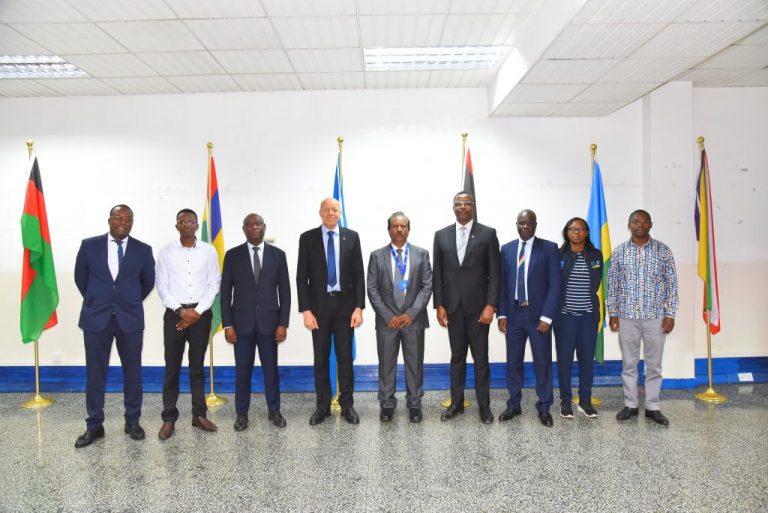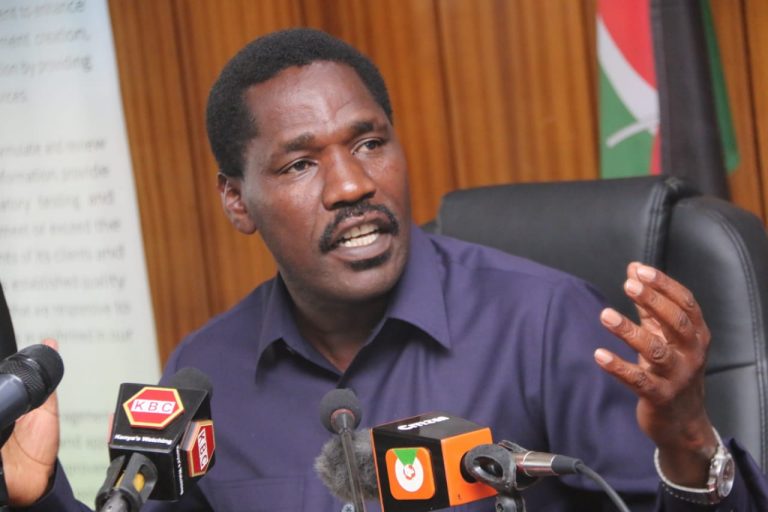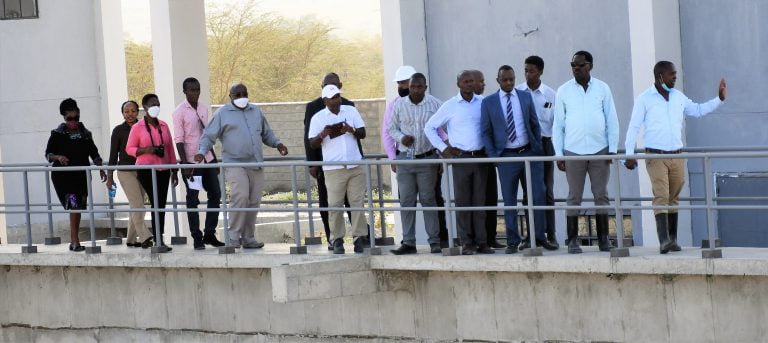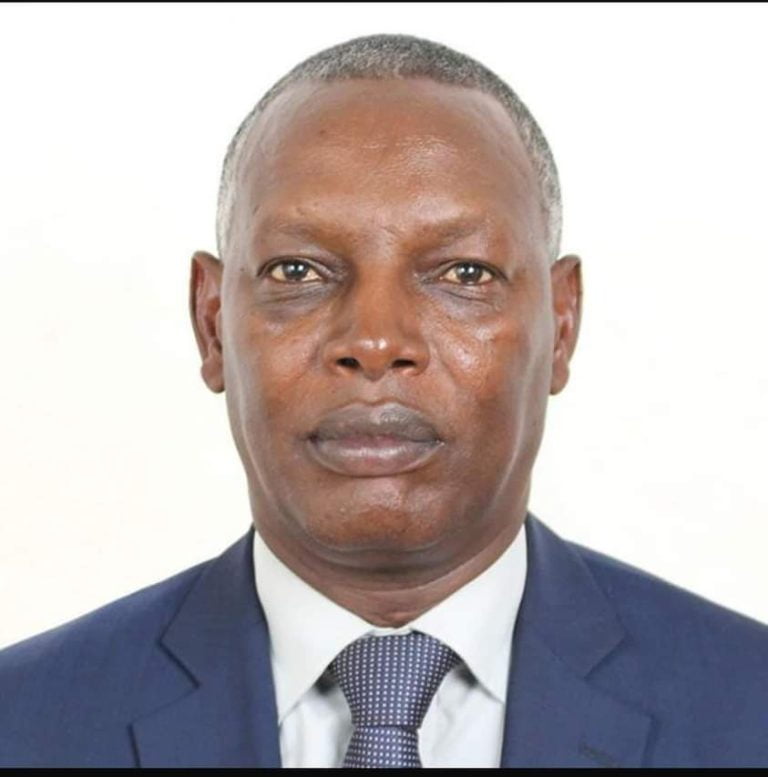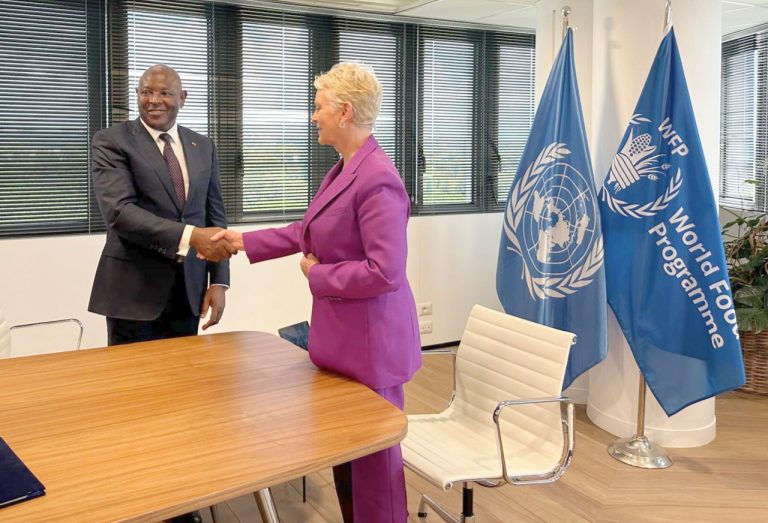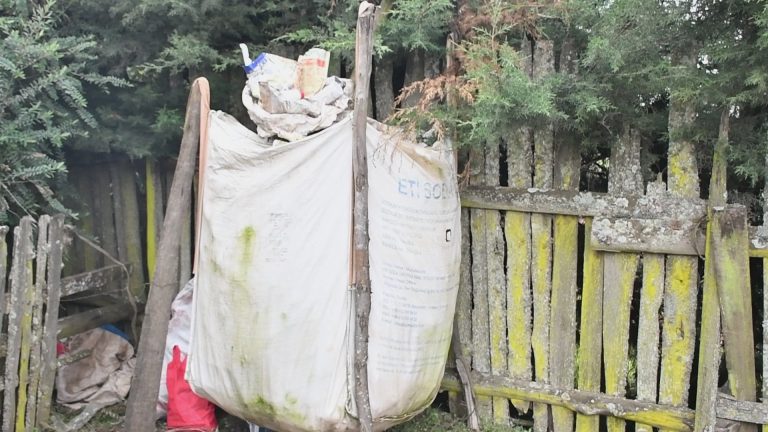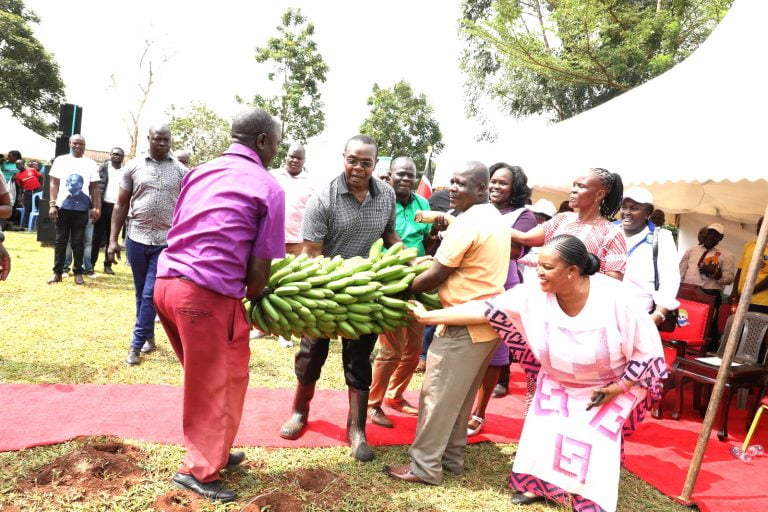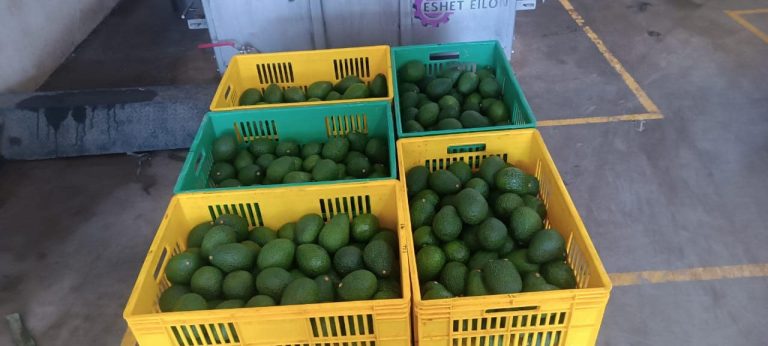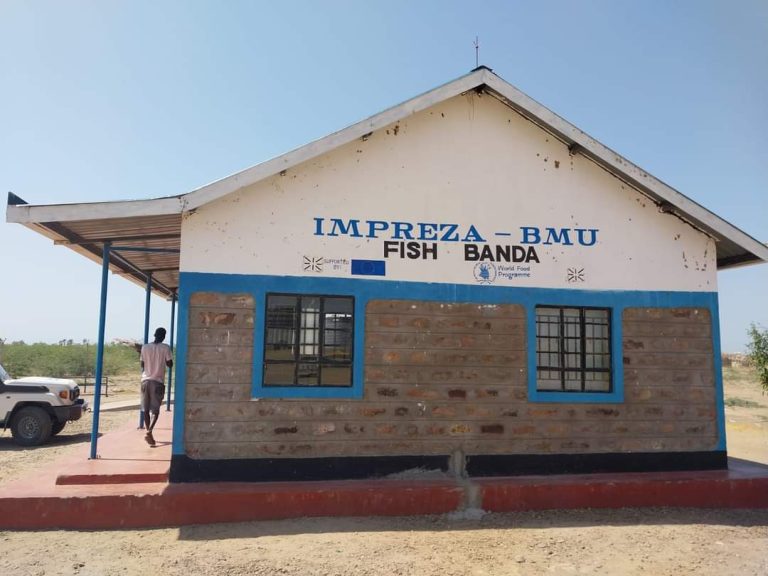Agricultural inputs, including fertilizers, are important requirements to boost crop productivity. It is estimated that if used well, fertilizers increase food and cash crop yields by 30%, thus enhancing food and income security for the country.
Fertilizers replace the nutrients that crops remove from the soil, and therefore without the addition of fertilizers, crop yields and agricultural productivity would be significantly reduced.
However, the use of fertilizers in agricultural productivity is threatened following recent spikes in fertilizer prices. In the last 12 months, Agriculture CS Peter Munya says fertilizer prices have risen to levels that have affected large and small scale farmers contributing to the 100% food and nutrition security.
“The Global market situation on high fertilizer prices started at the beginning of 2021 due to the impact of the Covid-19 pandemic. The sharp increase in fertilizer prices can be attributed to the following factors linked to Covid-19. The rise in fertilizer prices is due to producer countries such as China, Russia and Turkey restricting exports to protect their farmers. This is compounded by heavy consumption demand from India, Brazil and USA, buying up large quantities, hence reducing available global supplies. This increased fertilizer buying has also led to competition for shipping, thus increasing the rates for bulk and container cargo to high levels. Further, due to extreme winter conditions, gas prices drastically increased in Europe, causing many urea and nitrate production factories to close due to competition between heating homes and producing fertilizers, thus causing a shortage of these critical fertilizers. The Russia-Ukraine crisis caused further disruptions and concerns in the global fertilizer industry,” says Munya.
Following the above events, The CS adds that world fertilizer market prices have surged, affecting domestic fertilizer prices. For example, this time last year, a 50kg bag of DAP fertilizer was retailing at Kshs. 3,200; that same bag now costs KES.6,000, and based on the current trends, a further price increase is projected.
The Government has set aside Kshs 5.734 Billion to subsidize 114,000MT (2,280,000 x 50kg bags) for farmers growing food crops. These quantities will support the cultivation of 1.13 million acres. The fertilizers will be available at NCPB stores.


